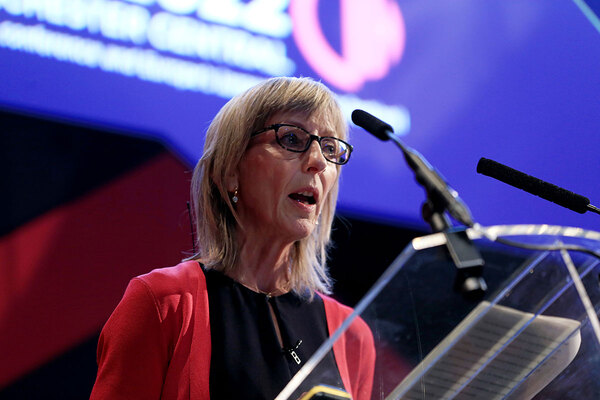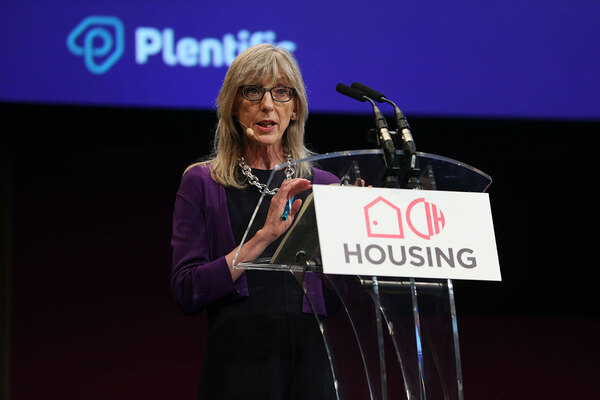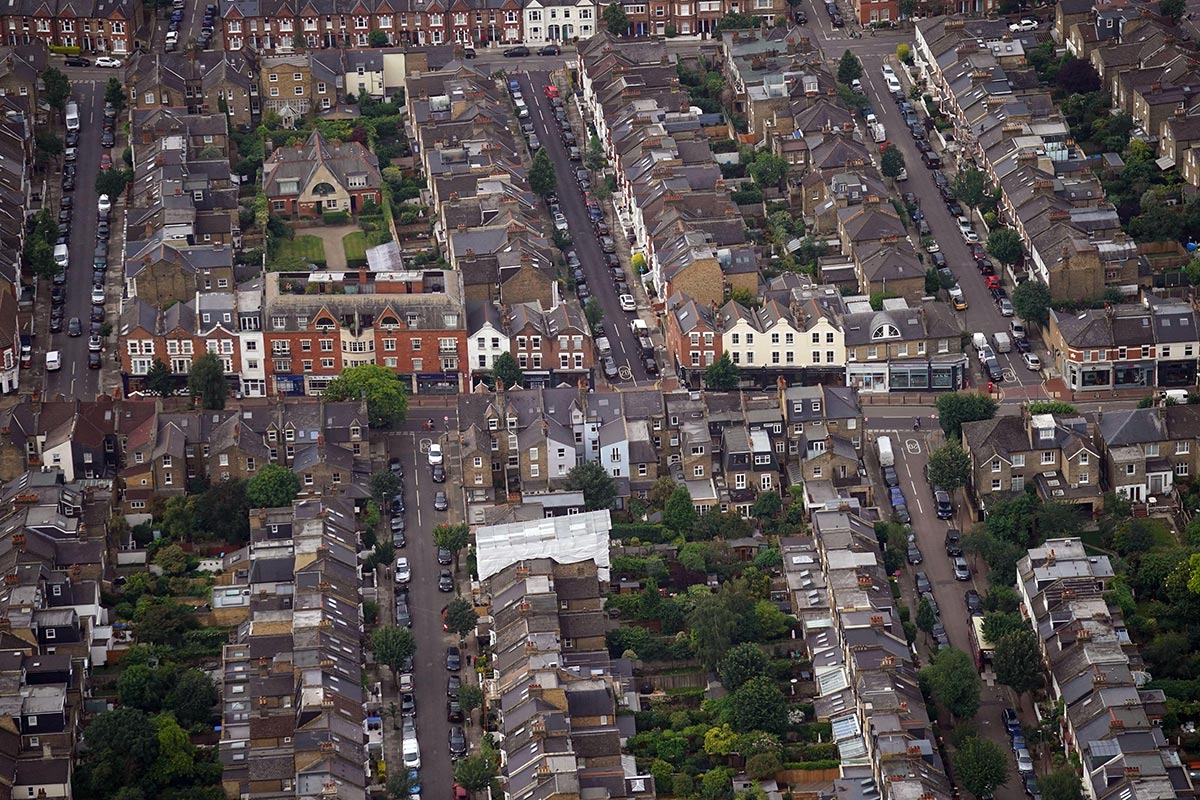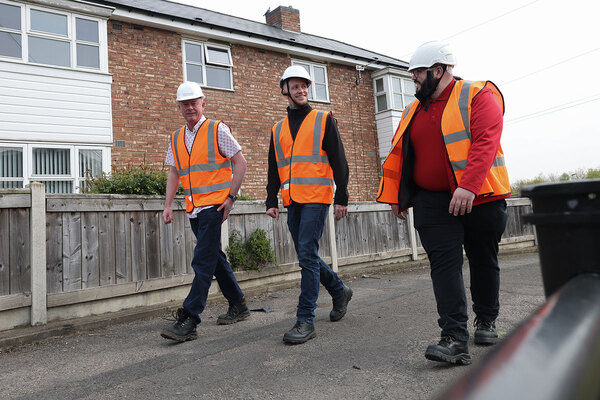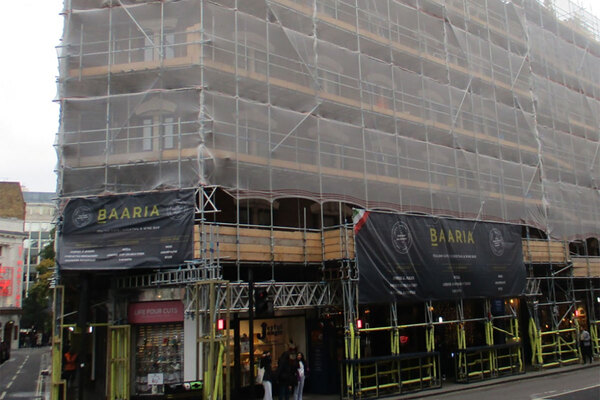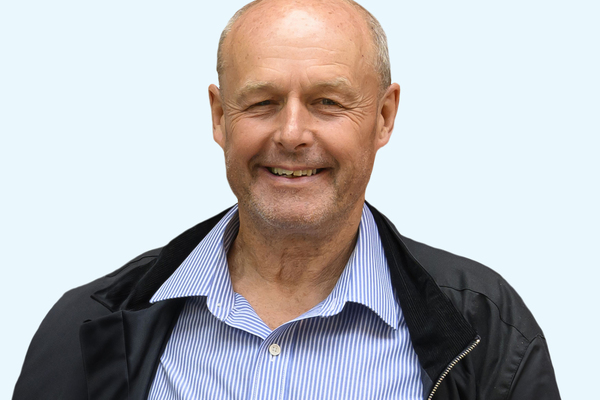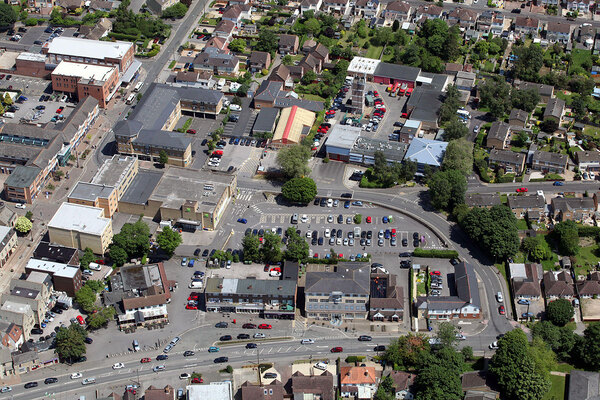You are viewing 1 of your 1 free articles
RSH quarterly survey: 12-month interest cover hits lowest level on record
The Regulator of Social Housing’s (RSH) latest quarterly survey of the sector’s financial health has recorded its lowest-ever level of interest cover.
The English regulator’s report, for the period between April and June this year, shows that providers are continuing to balance investing in existing homes and building new ones – at the same time as operating in “a very challenging and fast-moving economic environment”.
This is reflected in providers’ cash interest cover (excluding all sales). For the year to June 2023 it was 78%, the lowest on record, although it is forecast to increase slightly to 83%.
The latest report is based on the regulatory returns of 202 registered providers that own or manage more than 1,000 homes.
High interest rates, combined with increasing spend on repairs and maintenance, are expected to continue to put pressure on providers’ interest cover, but the RSH said it has assurance that most providers are managing their lender interest cover covenant positions.
In addition, cash balances decreased again in the quarter and are at the lowest in more than eight years, at £123.9bn.
However, in combination with undrawn facilities they remain sufficient to cover forecast expenditure for the next year.
Providers spent £3.7bn on new homes in the quarter. This was 24% below expected levels (although only 3% below forecast for contractually committed schemes), which the RSH said indicates an investment backlog.
Although in line with recently recorded levels, the survey found that outturn expenditure is consistently failing to keep pace with forecasts.
Providers put this down to operational delivery issues, including delays to land acquisitions and planning as well as contractor insolvencies. In addition, some providers said they had started to reassess some uncommitted development projects.
Spend on total repairs and maintenance reached £1.8bn in the quarter. This was below forecast, but was still the highest Q1 figure on record.
Over the next 12 months, providers expect to spend £8.2bn on total repairs and maintenance, another record figure, with damp and mould repairs remaining a key focus.
A total of £1.8bn was secured in new finance during the quarter, with bank facilities making up the majority of this funding. Mark-to-market exposure on derivatives remained low, with current gross exposure of £100m.
Will Perry, director of strategy at the RSH, said: “Social housing providers continue to attract private finance and invest in new and existing homes. But they are facing significant financial and supply chain pressures, which are causing investment backlogs.
“We are also seeing evidence of providers mitigating financial risks by reducing development and agreeing covenant waivers with lenders. Against this challenging economic backdrop, boards need to maintain a strong grip on financial performance so they can continue to provide good-quality homes and services for tenants.”
Sign up for our development and finance newsletter
Already have an account? Click here to manage your newsletters
